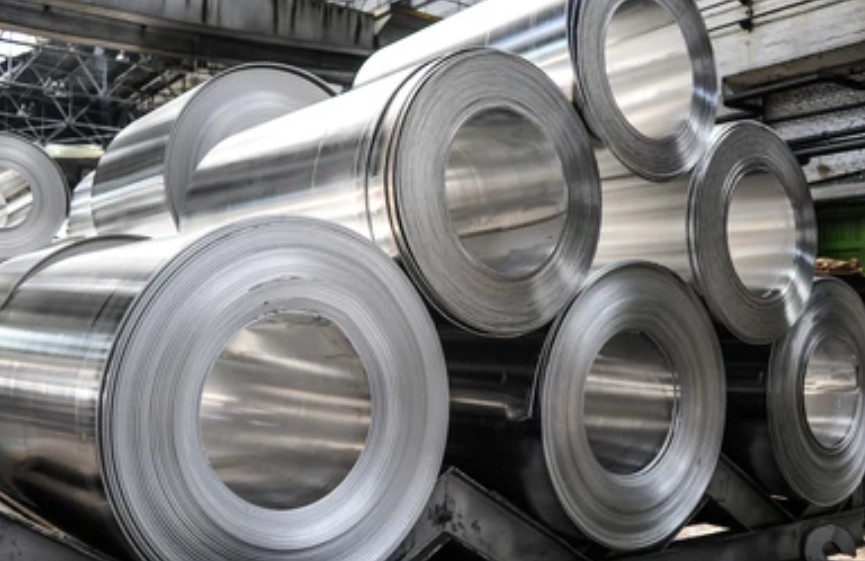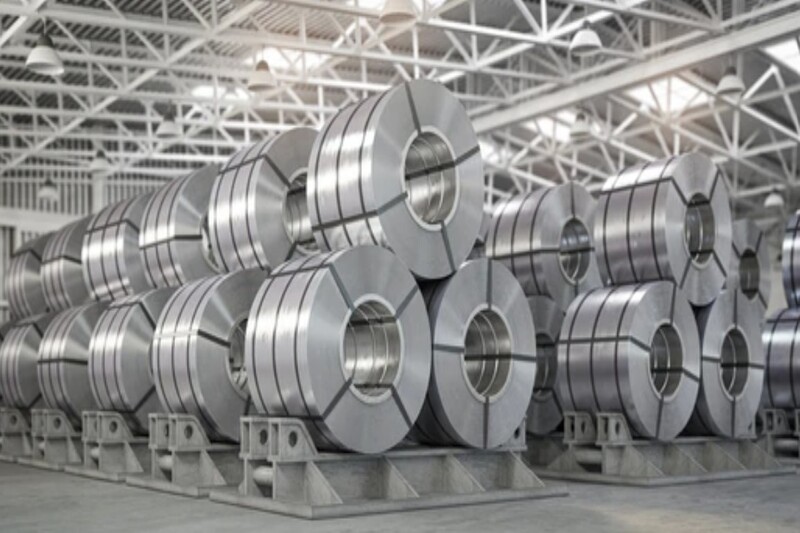Is Aluminium Magnetic? Debunking the Myth
Aluminium is one of the most widely used metals in industries ranging from aerospace and construction to everyday electronics.
Is Aluminium Magnetic?
Aluminium is not magnetic under normal conditions. It is a paramagnetic metal, which means it only shows a very weak attraction in the presence of strong magnetic fields and does not retain magnetism once the field is removed.
If you place a magnet on an aluminium surface, it will not stick like it does on steel.
For industries like sheet metal fabrication and 3D printing, this property is a key advantage when designing products that must not interfere with magnetic sensors or electrical devices.
Why Is Aluminium Not Magnetic?
The reason why aluminium is not magnetic lies in its atomic structure.
- Ferromagnetic metals like iron, cobalt, and nickel have unpaired electrons that align, creating strong magnetism.
- Aluminium, however, has an electron arrangement that prevents this alignment. As a result, it cannot become ferromagnetic.
This makes aluminium an excellent choice for:
- Enclosures in sheet metal fabrication that protect sensitive electronics.
- Industrial parts created via CNC machining where magnetism could disrupt performance.
- Custom projects in steel fabrication that combine aluminium with other metals for balanced performance.
Can Aluminium Be Used in Magnetic Fields?
Yes, aluminium can be used in magnetic fields, but not in the same way as ferromagnetic metals. Instead of becoming magnetized, aluminium interacts through eddy currents.
When aluminium moves through a magnetic field, it creates tiny circular currents that resist motion. This effect is widely used in engineering applications, including:
- Magnetic braking systems in trains and roller coasters.
- Electromagnetic shielding in aerospace and electronics manufacturing.
- Industrial fabrication projects where lightweight but non-magnetic materials are needed.
At our Singapore facility, we support clients with steel fabrication, aluminium sheet fabrication, and plastic injection molding services, ensuring the right materials are chosen for projects involving magnetic environments.

How Magnetic Is Aluminium?
The truth is aluminium is barely magnetic at all.
Its magnetic susceptibility value is extremely low (around χ ≈ +2.2 × 10⁻⁵), meaning its response to magnetic fields is almost negligible. Compared to steel, which strongly attracts magnets, aluminium’s reaction is so weak that it is invisible in everyday use.
This is why aluminium is commonly selected for:
- 3D Printing for aerospace components.
- CNC machining of non-magnetic fixtures.
- Sheet metal fabrication for housings that avoid magnetic interference.
Does a Magnet Stick to Aluminium?
No, a magnet does not stick to aluminium. This is why aluminium foil, cans, or sheets do not cling to fridge magnets.
However, in special conditions like in very strong magnetic fields, aluminium can show a weak attraction. This is not permanent and disappears as soon as the field is removed.
For industries, this is beneficial. For example:
- In aluminium sheet fabrication, products can be used near magnetic sensors without interference.
- In steel fabrication, aluminium can be paired with stronger metals where magnetism is required, while keeping certain components magnet-free.
Conclusion
Aluminium is not magnetic, but its lightweight, corrosion-resistant, and non-magnetic properties make it one of the most versatile materials in modern engineering. While it does not behave like steel around magnets, aluminium’s ability to interact with strong fields through eddy currents gives it unique applications in manufacturing, construction, and electronics.
At The Monster Builder, we help businesses in Singapore harness these material properties through our full range of services.
By combining technical expertise with precision engineering, we ensure your projects use the right material for the right purposes, delivering products that are durable, efficient, and built to perform.
FAQs
Does aluminium block magnetic fields?
Aluminium does not block magnetic fields but can redirect them through eddy currents, useful in electromagnetic shielding.
Can aluminium be magnetized permanently?
No. Aluminium cannot hold magnetism after the external magnetic field is removed.



